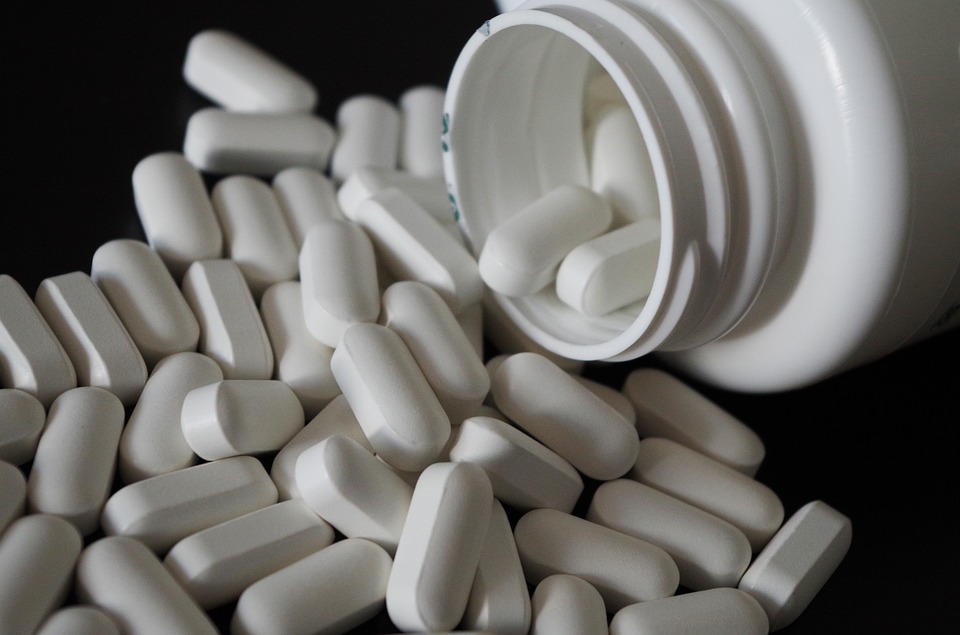Does Cipro Cause Yeast Infections?
Does Cipro Cause Yeast Infections?
Cipro (ciprofloxacin) is an antibiotic prescribed to fight different types of bacterial infections.
This type of antibiotic can produce serious side effects, such as tendon damage or liver problems, so it’s only administered when an infection cannot be treated with a safer type of antibiotics.
Studies show that Cipro is very likely to trigger a yeast infection.
It happens because while killing the bacteria that causes an infection it also kills friendly bacteria, called probiotics, that help maintain the optimum vaginal pH protecting it from pathogens such as Candida.
How to Avoid a Vaginal Yeast Infection While on Cipro?
If you want to prevent a vaginal yeast infection while taking Cipro, make sure you try to reestablish healthy levels of the good bacteria in your body. You can do it by:
- Taking probiotic supplements designed especially for women every day during and at least one week after your treatment. Also, try to incorporate probiotic-rich foods, such as yogurt, kefir, and pickles, in your diet.
- Using probiotic suppositories every night while taking Cipro and at least a week after your treatment is finished.
- Using probiotic tampons during your period to boost your vaginal flora when it’s most prone to infection.
- You can ask your doctor to prescribe you an oral antifungal pill, such as Fluconazole, to take during your Cipro treatment. You may also be prescribed antifungal suppositories, especially if you get recurrent vaginal yeast infections. Cipro is known to interact with other medications, so it’s important to choose your antifungal treatment carefully.
- Read my article about preventing vaginal yeast infections for more tips.
Conclusion
Antibiotics can seriously disturb your bacterial flora, causing not only yeast infections, bacterial vaginosis and IBS (Irritable Bowel Syndrome).
Taking probiotic supplements and following a probiotic-rich diet can help you immensely, but it’s also important to talk to your doctor and find the best antifungal treatment to avoid getting a vaginal yeast infection while taking Cipro.

I’d love to hear about your experiences. Please share in the comment section below.



I was on a VERY short course of Cipro – 2x daily for 3 days, so only 6 pills – and I took some supplements during the treatment (Acidophilus and Bifidus). I don’t think I have a full blown VYI but it may be creeping up on me. I have a milky discharge (not curd-like at all) and it sort of smells sweet. I was going to take the OTC version of fluconazole just to be safe but now I’m second guessing myself. Anyone have any thoughts?
Hi Gimped, it would be best to get properly diagnosed by your doctor to know if you’ve got an infection and what kind of infection it is. IT may as well be a bacterial infection, in that case it’s best to try boric acid suppositories as they are effective against BV as well as VYI. All the best!
Thanks, Kams. I used one of those VagiSense tests and it was negative for bacterial infection — yay! I’ve definitely dealt with both before and I am familiar with the symptoms for each — I used to get chronic BV until I switched to organic cotton tampons.
I think what I’ll do is just keep loading up on probiotics for the week. Do you have a suggested dose? I never know if I’m taking enough/too much. Right now I’m taking about 20 billion CFUs a day (10 billion 2x daily at breakfast and dinner).
Hello again! My favorite probiotic supplement is Garden of Life Raw Probiotics for Women, they are much stronger than the ones you’re taking – 85 billion CFU and you’re supposed to take 3 capsules a day. Raw Probiotics helped me a lot when I was suffering from recurrent yeast infections and they’re also great as a preventative measure against VYI. All the best!
I’m glad I found this info before starting a Cipro treatment. I suffer from vaginal yeast infections quite often, so I really have to be prudent with antibiotics, but my doctor doesn’t seem to understand. Thanks for all the information.
Hi Katherine, thank you for comment. If you suffer from chronic yeast infections, check my article to find out how to get rid of it for good. Good luck!